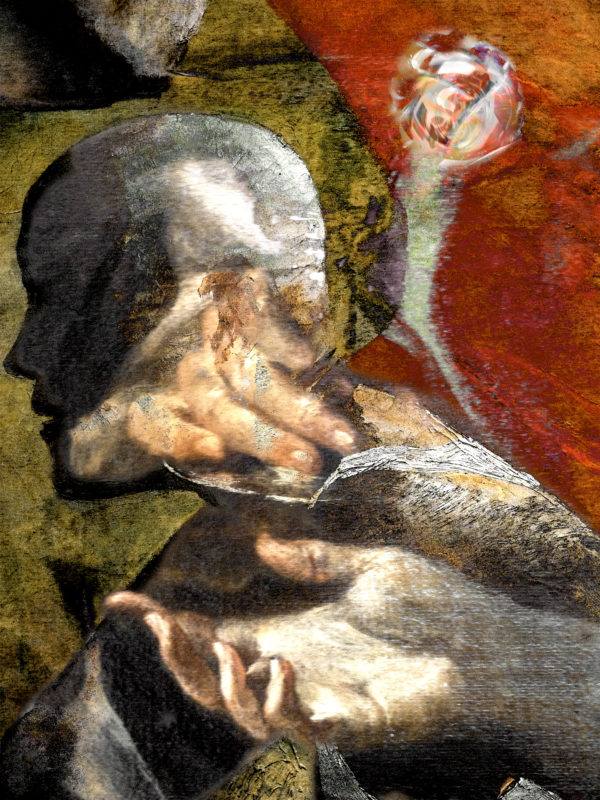 Relax! A day without politics. And a topic that will be of consequence only for those who make, consume, like or despise art.
Relax! A day without politics. And a topic that will be of consequence only for those who make, consume, like or despise art.
Here is the newest finding in the ever-expanding effort to show that humans and computers will be alike, whenever.

A team of computer scientists at Rutgers University has exposed computers to 80.000 or so visual artworks from the 15th to the 20th century. They took them in, learned about them and eventually were asked to generate paintings themselves. In other words, they asked machines to display creativity without a human mind attached. You ask, how good could that possibly be?
Quite good, it looks like. When you show these AI paintings intermixed with paintings from famous abstract expressionist and those by artists shown at the most prestigious artfair in 2016, Art Basel, and ask people to rank them, guess what. People largely prefer the computer generated images over those made by humans, and many even thought that the modern Art Basel stuff was computer generated, when it wasn’t.

Do computers make art, then? The machines did not just emulate classic paintings, they most definitely deviated from them, all the while still having some “sense” of what is aesthetically appealing. As the scientists put it: “The fact that subjects found the images generated by the machine intentional, visually structured, communicative, and inspiring, with similar, or even higher levels, compared to actual human art, indicates that subjects see these images as art!”
And their market value seems to confirm that – the Rutgers team has been approached by private collectors and galleries who are quite interested in purchasing these art works.
Humans Prefer Computer-Generated Paintings to Those at Art Basel
Today’s question then: Why the unease to call something art when it is not made by a human being?

We’ve been there in the debate about elephants and primates who paint; is that art?
https://www.theguardian.com/world/2000/mar/26/theobserver
If a machine builds on the history of painting, figuring out the rules, nailing the aesthetics, coming up with some new ways of creating something, why is it difficult to accept that as art? Here is a potential answer, and one I find troubling.

Artwork made by a human using a computer.






Steve Tilden
Fascinating, Friderike. The examples presented in the TED talk were convincing, and I am now wondering what, or how, might I grow as an artist from this. I am currently thinking about what I might produce to tell the story of Demeter and Persephone. In a way I am encouraged by a sense that I am creative, versus feeling as though other artists have a better sense of making art than I.
So thank you, I think I’m going to be able to keep letting my unseen self out of its cage.
Bob Hicks
Fascinating topic today.
michelle
Since art is really about connecting, I think it is a bit unnerving to think that a non-living, non-spirit has evoked deep responses.
Lee
You and I are old enough to remember when photography was struggling to be accepted as art … and in some circles it is still being questioned … however, it is now well regarded by leading museums, galleries, critics and collectors as just another studio tool that artist use. Today it is use of the computer that has many troubled. The path to a reasonable answer in this dilemma is in the process … in other words, “humans made the computer and programmed it” … so it shouldn’t be surprising that the results of the experiment look human made, because they actually are. To me, the experiment would be more interesting if their were some artists evolved in the entire process.